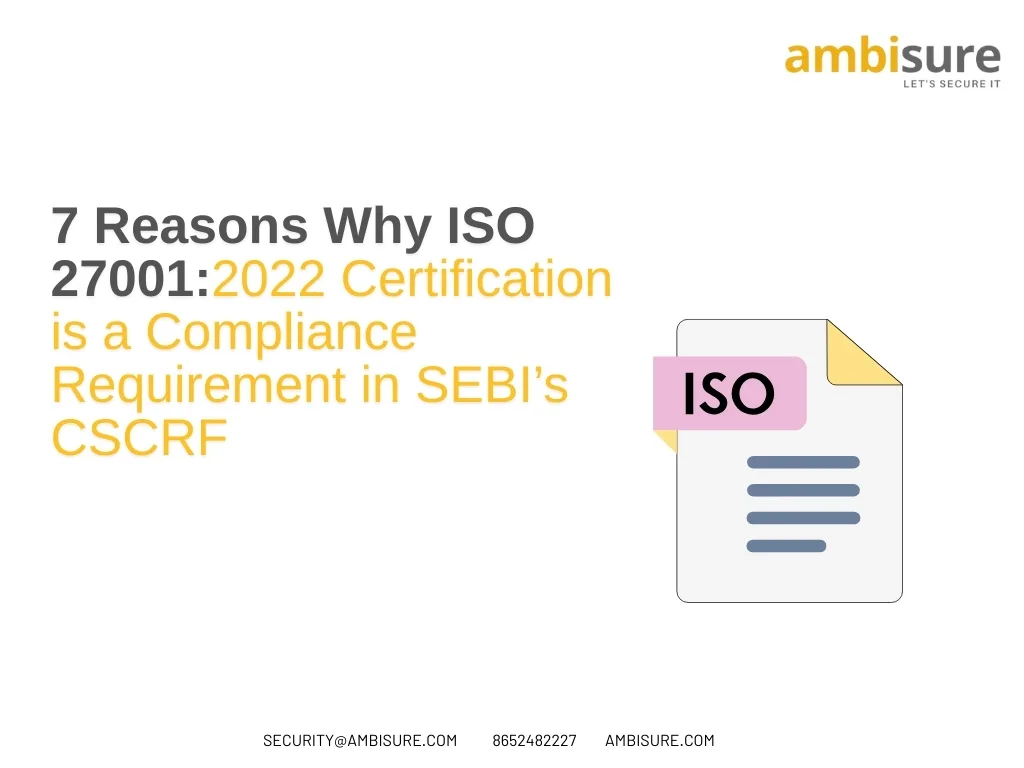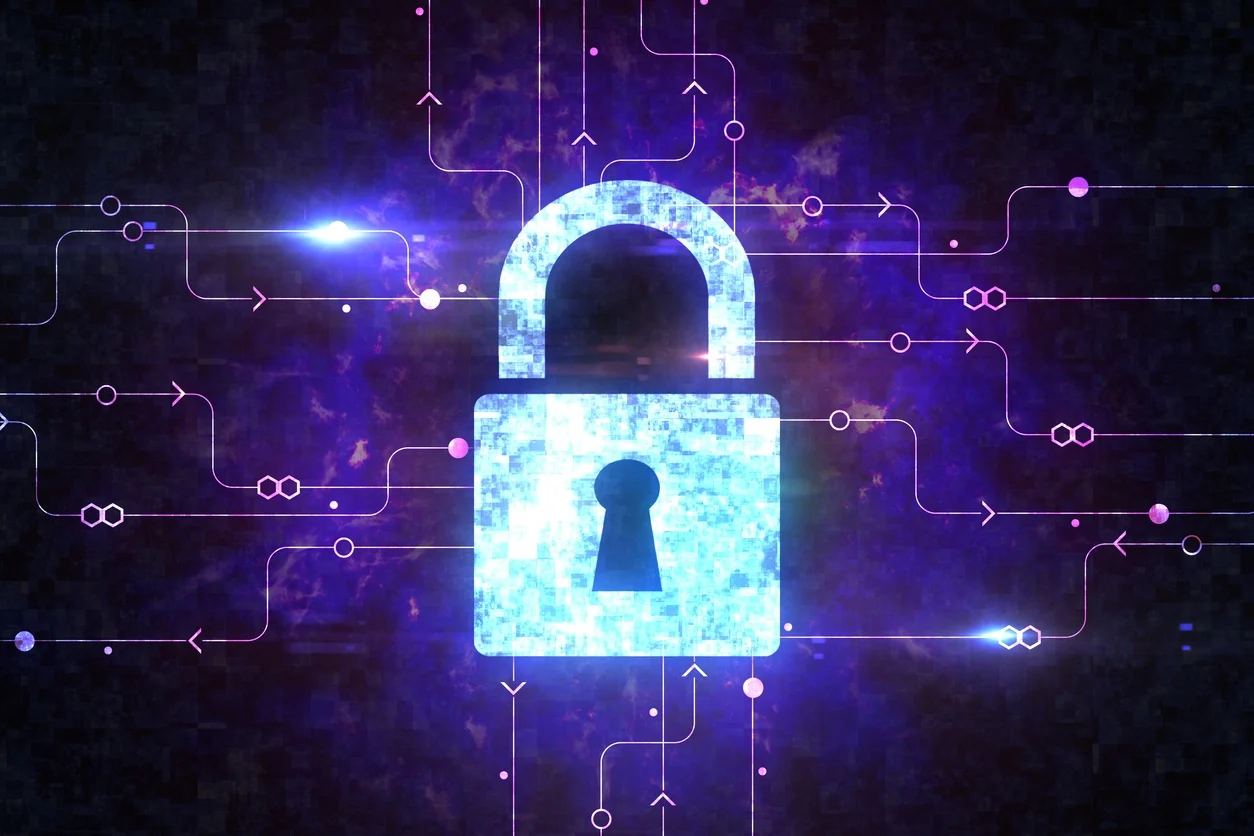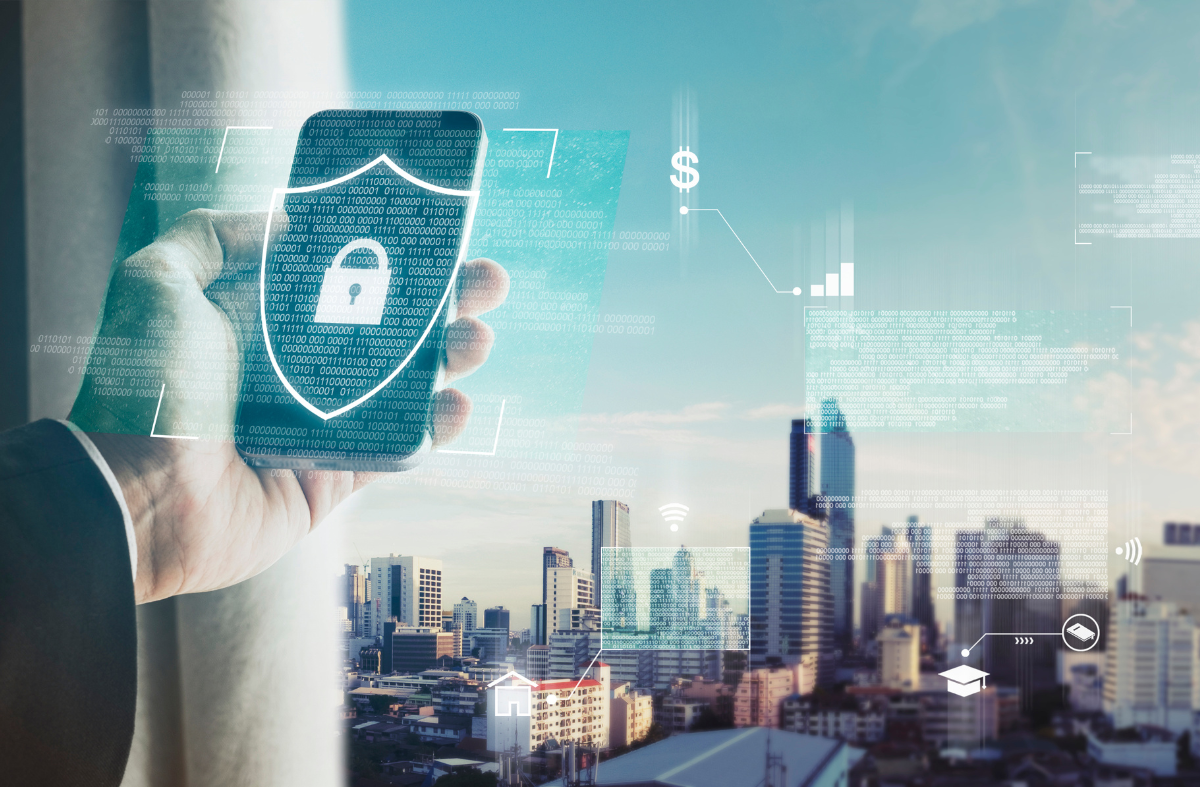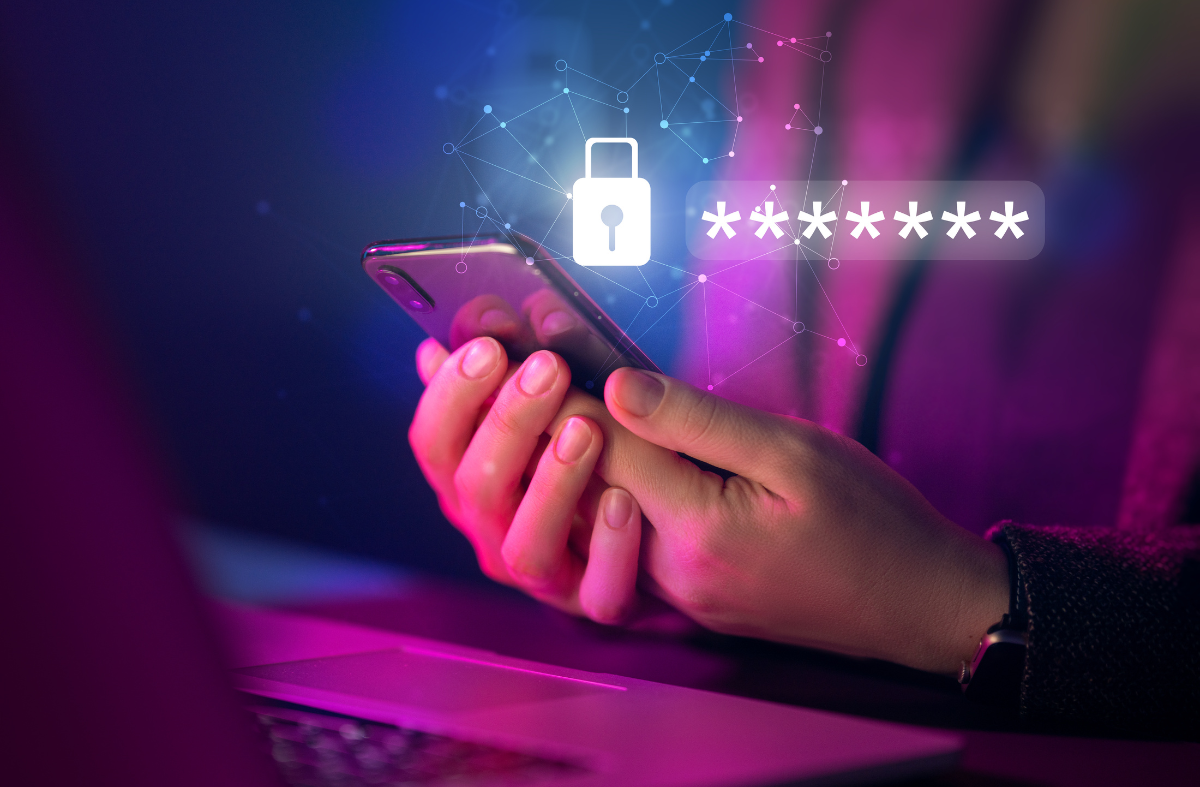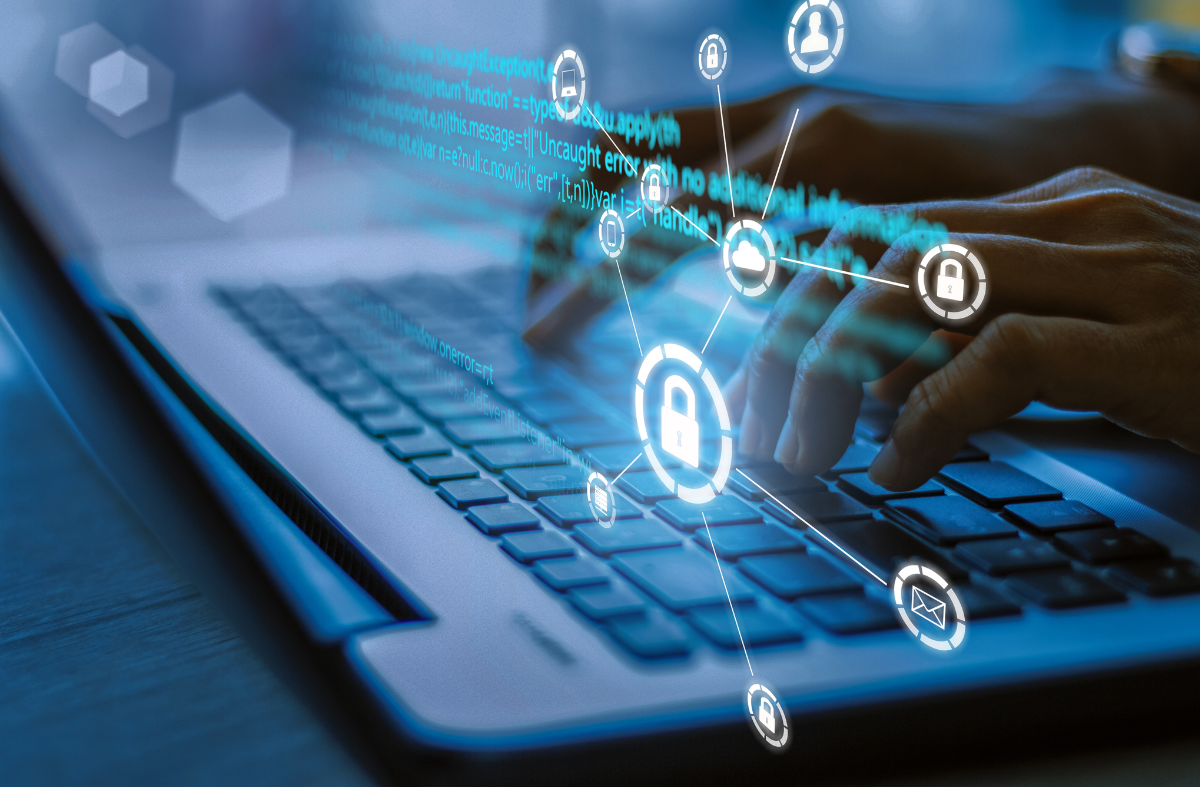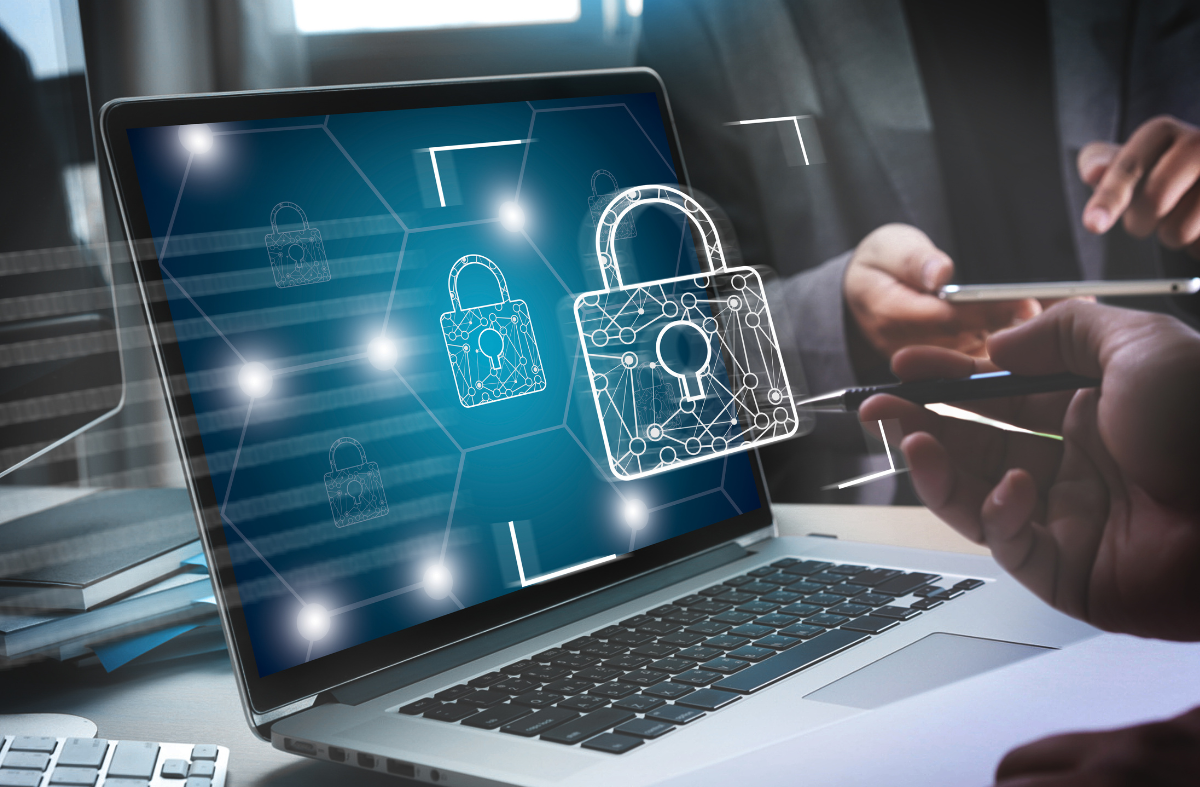7 Reasons Why ISO 27001:2022 Certification is a Compliance Requirement in SEBI’s CSCRF
The Cybersecurity and Cyber Resilience Framework (CSCRF) established by SEBI sets stringent standards for financial entities to secure India’s financial sector. While ISO 27001:2022 certification is a globally recognized framework for Information Security Management Systems (ISMS), CSCRF’s unique requirements are tailored to address the specific cybersecurity and cyber resilience needs of Qualified Regulated Entities (REs) and Market Infrastructure Institutions (MIIs). Here’s why SEBI mandates ISO 27001:2022 as a baseline standard and how it aligns with and complements the CSCRF.
- ISO 27001 provides a foundational structure for building a comprehensive ISMS, which supports SEBI’s five cybersecurity resilience goals: Anticipate, Withstand, Contain, Recover, and Evolve and allows entities to design, implement, and enhance their security frameworks in a structured manner, aligned with CSCRF’s objectives.
- SEBI’s CSCRF mandates that MIIs and Qualified REs (it’s good to have requirements for Other REs) develop a governance structure that includes cybersecurity and cyber resilience roles, accountability, and continuous improvement. ISO 27001’s emphasis on governance and risk management, fulfills this need by enforcing clear policies, role definitions, and risk assessment processes that map directly to CSCRF governance standards .
- Both ISO 27001 and CSCRF emphasize incident response and management. CSCRF expands on ISO 27001 by requiring REs to implement detailed incident response plans, crisis management procedures, and timely SEBI reporting of incidents . ISO certification ensures the Incident response foundation, which CSCRF builds upon with specific resilience measures.
- SEBI’s CSCRF mandates the use of Security Operations Centers (SOC) for continuous threat monitoring and response . ISO 27001 certification establishes critical security CSCRF requires additional monitoring capabilities like Threat Hunting for Qualified REs. ISO 27001 certification supports these requirements by providing the necessary infrastructure for SOC integration, which is then expanded upon by CSCRF’s demands for real-time threat intelligence and advanced monitoring capabilities.
- ISO 27001 enforces data protection and privacy controls critical for compliance with data handling and protection laws. CSCRF further intensifies these requirements by enforcing Data Loss Prevention (DLP) controls, encryption standards, and data masking. While ISO 27001 lays the groundwork for protecting data confidentiality, CSCRF builds on these principles by demanding specific data security technologies to protect sensitive financial data.
- SEBI mandates that MIIs and Qualified REs implement post-quantum cryptography as a proactive measure to combat future quantum-related threats, a requirement beyond ISO 27001 standards . ISO 27001 establishes the practice of regular risk assessments, enabling REs to integrate emerging security controls. This foundation is critical for adopting the post-quantum resilience strategies that CSCRF mandates.
- Both ISO 27001 and CSCRF emphasize regular audits, but CSCRF requires specific cybersecurity audit reports to be submitted directly to SEBI on a periodic basis . ISO 27001 certification helps REs establish regular compliance reporting and a culture of audit readiness. This structure CSCRF’s additional compliance and reporting requirements, including VAPT and SOC efficacy assessments.
With AmbiSure Technologies Organizations, your organization can navigate the compliance requirement of ISO 27001:2022 and create a robust ISMS framework that addresses fundamental cybersecurity principles and supports compliance requirements of CSCRF. Take one more step and implement SEBI’s framework that goes further by demanding specific resilience measures and continuous monitoring, tailored to the complex, fast-evolving threats faced by MIIs and Qualified REs in India’s financial sector. By mandating ISO 27001 as a compliance requirement, SEBI has ensured that all Qualified REs and MIIs establish a standardized security foundation, ready to integrate CSCRF’s additional, sector-specific controls.
Archives
- March 2025 (6)
- February 2025 (5)
- November 2024 (5)
- June 2024 (7)
- April 2024 (1)
- September 2022 (3)


